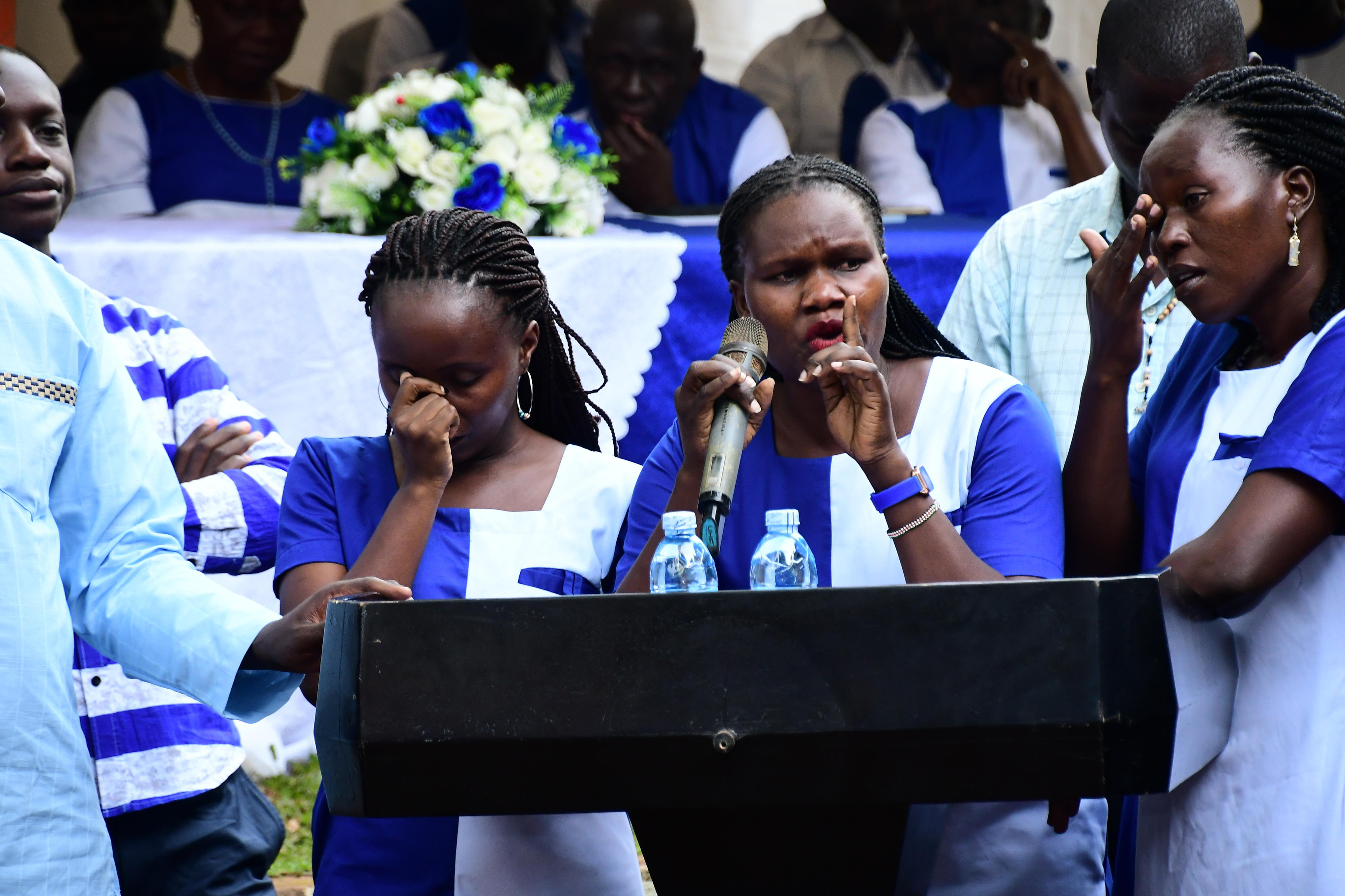Prime
Uganda in negotiations for regional internet satellite

Access to internet in most parts of Uganda remains a challenge due to poor connectivity. Photo / File
What you need to know:
- The satellite will complement other sources of internet fibre in areas where private technology firms cannot find it feasible to roll out
Uganda and other East Africa partner states are currently engaged in negotiations to establish a regional satellite that would offer internet connectivity and data transmission services, particularly in areas where optical fiber networks are scarce or non-existent.
It is intended to complement other sources of internet-optical fibre in areas where private technology firms cannot find it feasible to roll out their infrastructure such as across water bodies and in hard-to-reach areas with few potential customers.
Monitor understands that the negotiations began in May.
“It’s hard to get internet in [some] areas, so we want to supplement the optical fibre with satellite technology, so that we have connectivity from all corners of the country. When we do this, we hope to get more people hooked on the internet, and that itself will contribute to lowering of the costs of data and internet services,” ICT Minister Chris Baryomunsi, said.
Data from the ICT Ministry indicates that 90 percent of the country is currently covered by both wireless and fibre, with fiber totaling 4,000 kilometres.
The private sector supplements this with fibre, and under the Uganda Communications Commission (UCC) licensing regime, private companies in the sector are required to demonstrate a commitment to cover 90 percent of the country with internet connectivity.
Uganda is trying to inch to where its regional partners are in terms of internet and communication connectivity with a satellite in addition to private sector-supplemented services.
The country relies solely on optical fibre cables, which is part of the national backbone infrastructure supplied through Kenya and Mauritius via the Indian Ocean, for connectivity.
Mr Baryomunsi said the fibre optic cables cover about half of the country.
However, last year the Ministry of Finance approached the Export-Import (Exim) Bank of China to provide ¥1b (Shs25.2b) to finance the fifth stage of the project, in which, 51 transmission sites and 3,604 kilometers of fibre optic cables would be built to expand the backbone network’s coverage to 83 percent and link up all public and government offices.
Mr Baryomunsi indicated that this will be key in creating employment for young people in sectors such as business process outsourcing, which would enable young people in Uganda to get contracted for a job overseas.
The promotion of offshore business process outsourcing continues to be low due to the scarcity of reasonably priced and dependable internet.
Mr Michael Ocero, the ICT Ministry assistant commissioner for e-services, said the pricing of mobile internet has in the last four years decreased by 50 percent, while fixed internet costs have dropped by roughly 28 percent.
“In terms of infrastructure, government has invested in about 25 passive sites across the country so that telecoms can distribute internet at a minimal cost,” he said.
Optimising internet usage
Non-profit companies such as Oxfam and Center for Constitutional Governance have been key in the push to reduce inequality, tackle cyber security, and create policies that optimise internet usage while mitigating its negative effects.
The two last week launched a three-year project (2024/27) with funding from the European Union to address gaps in digital technologies and guarantee Ugandans that their interests are represented in the digital sphere.
“Through this project, we aim to influence and shape policies and legal frameworks that govern digital interactions, ensuring that these spaces are inclusive, fair, and reflective of the needs of all citizens,” Mr Francis Shanty Odokorach, the Oxfam Country Director.




